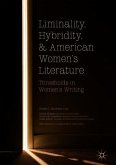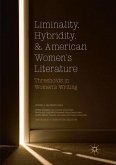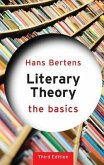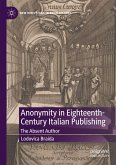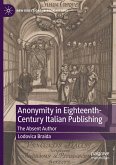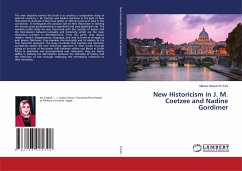The early theatrical form of the Italian bromance was the product of a particularly fruitful literary period in sixteenth-century Siena influenced by Renaissance humanism and the Age of Criticism. The focus on humanism led to Italian literary academies dedicated to the contemplation of man, his place in society, and his interpersonal relationships. In early modern Italy, the swift transition for a young man from a liberal period of male-male experimentation to married adulthood, as well as unhappiness with arranged marriages, fostered philosophical and theoretical debates designed to resolve conflicts between the individual desires of men and the constraints of compulsory wedlock. The growth in humanistic studies in early modern Italy further heralded a revival of the classical discourse of amicitia perfecta (perfect friendship), which led to an interest in classical lifestyles and philosophical debates contemplating how a man should interact in his friendships and his courtships. In addition to treating themes of love, marriage, and family, the popular literary genre-trattati d'amore (treatises on love)-sought to define the love felt between men. The relative freedom in Pre-Tridentine Italy to contemplate alternative relationships between men led to the creation of the early modern bromance. This book resituates the contemporary genre of the bromance, as well as its surrounding cultural discourse, in the theatrical practices of early-sixteenth-century Italian academies, revealing how a group of early modern Italian academicians institutionalized alternative friendships between men to prolong male bonding. This study combines New Historicism with Queer Theory and scholarly discourse on film to analyze the early modern influences on the performative practices of masculinity and male friendships in the bromance of contemporary film, television, and media. This book therefore analyzes the lives and friendships of young Italian members of the early-sixteenth-century Accademia degli Intronati and their public theatrical performances that displayed homosocial triangles using women to strengthen the bonds between men, by referring to the work of Claude Lévi-Strauss, Gayle Rubin, and Eve Kosofsky Sedgwick. Taking a new approach to the homosocial triangle, this theory is further applied to theoretical discourses of perfect friendship (amicitia perfecta) as exemplified through the academy members testing its boundaries through narrative and performance. Ultimately, this book newly reveals how early modern Italian bromance narratives interrogate alternative roles of close male friendships, the love between men, and the confines of marriage, thus providing the foundation for the contemporary bromance. Early Modern Bromance: Love, Friendship, and Marriage in Sixteenth-Century Italian Academies is an important work for Italian Studies, Italian American Studies, Comparative Literature, Literature and Language Studies, Theater and Drama Studies, Gender and Sexuality Studies, and Film and Media Studies.
Hinweis: Dieser Artikel kann nur an eine deutsche Lieferadresse ausgeliefert werden.
Hinweis: Dieser Artikel kann nur an eine deutsche Lieferadresse ausgeliefert werden.


